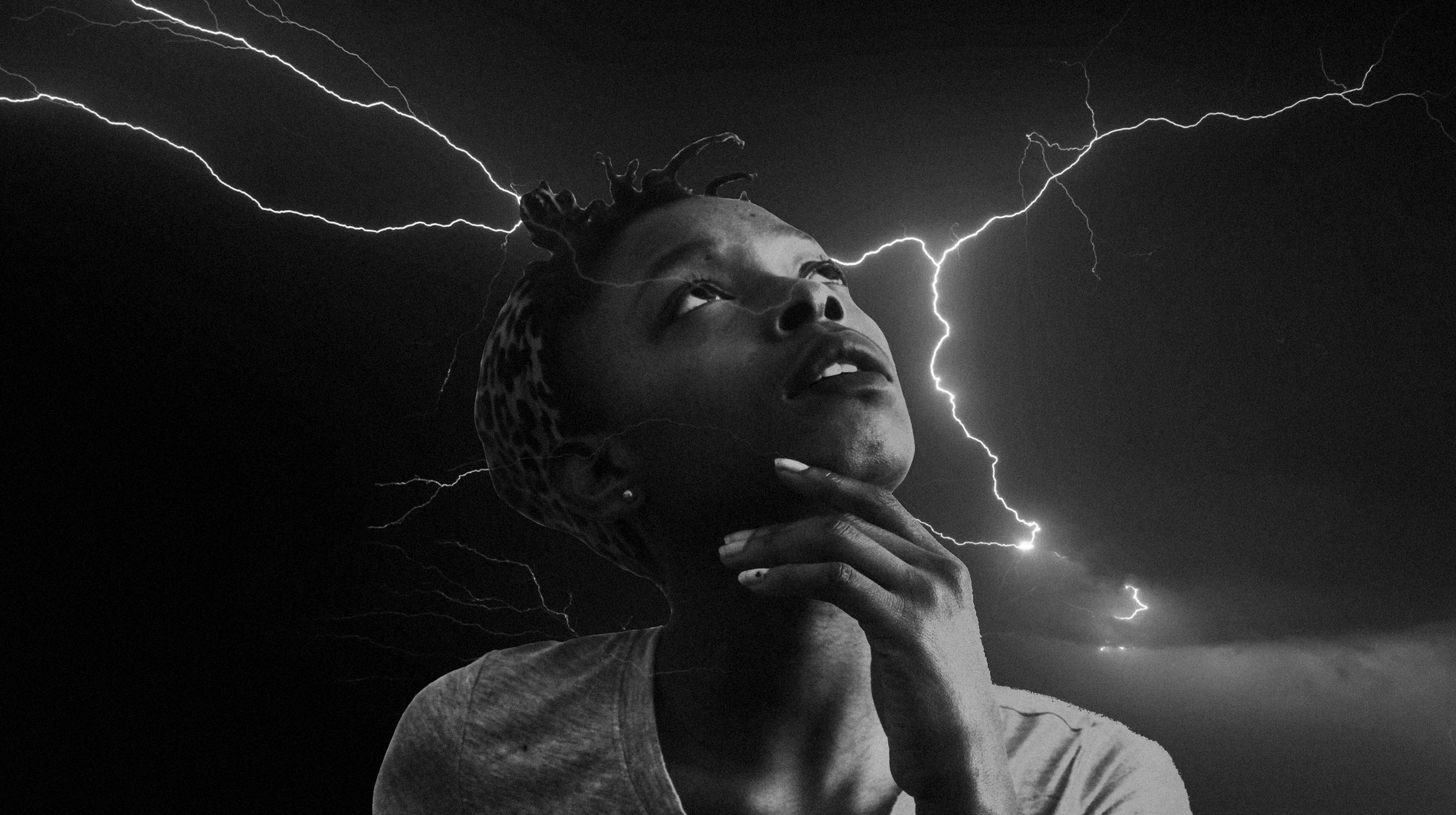neuroscience
A new observational study finds that red wine and cheese have protective effects.
Is the quest to upload human consciousness and ditch our meat puppets the future—or is it fool’s gold?
▸
14 min
—
with
Neuroscientists and ethicists wants to ensure that neurotechnologies remain benevolent.
There is a neurological link between serotonin levels and the brain’s ability to control impulses and patience levels.
Philosophers have been asking the question for hundreds of years. Now neuroscientists are joining the quest to find out.
▸
6 min
—
with
MRI scans show that hunger and loneliness cause cravings in the same area, which suggests socialization is a need.
These tiny fish are helping scientists understand how the human brain processes sound.
It’s never too late to learn a new language. Just don’t count on speaking French like a Parisian.
A new study found similarities between the human brain and the cosmic network of galaxies.
A new theory suggests that dreams’ illogical logic has an important purpose.
The compound found in “magic mushrooms” has significant and fast-acting impact on the brains of rats.
Schools have become captivated by the idea that students must learn a set of generalized critical-thinking skills to flourish in the contemporary world.
Psychologists discover that the way the brain perceives beauty differs between art or faces.
A Stanford study explores the effect of multitasking on memory in young adults.
“Such studies will lead to a better understanding of brain development in both autistic and typical individuals.”
How can we learn from the lessons of the past and build a better future?
Research suggests that aging affects a brain circuit critical for learning and decision-making.
The area of the brain that recognizes letters and words is ready for action right from the start.
While the benefits of music therapy are well known, more in-depth research explores how music benefits children with autism.
New research pinpoints the neurons responsible for your choices.
Mosquitoes can taste your blood using unique sensory abilities. Can we use that to keep them off us?
Researchers explore the “complex web of connections” in your brain that allows you to make split second decisions.
A new study shows how poor children are negatively impacted neurologically.
Creating a better understanding by clearing up common misconceptions about the neurodiversity movement.
This week, Big Think is partnering with Freethink to bring you amazing stories of the people and technologies that are shaping our future.
▸
5 min
—
with
Crows have their own version of the human cerebral cortex.
Yet 80 percent of respondents want to reduce their risk of dementia.
A team of researchers have discovered the brain rhythmic activity that can split us from reality.
A team at the University of Basel discovered a connection between antidepressants and REM sleep.
Does time exist? Here’s what the debate is all about.
▸
13 min
—
with





























